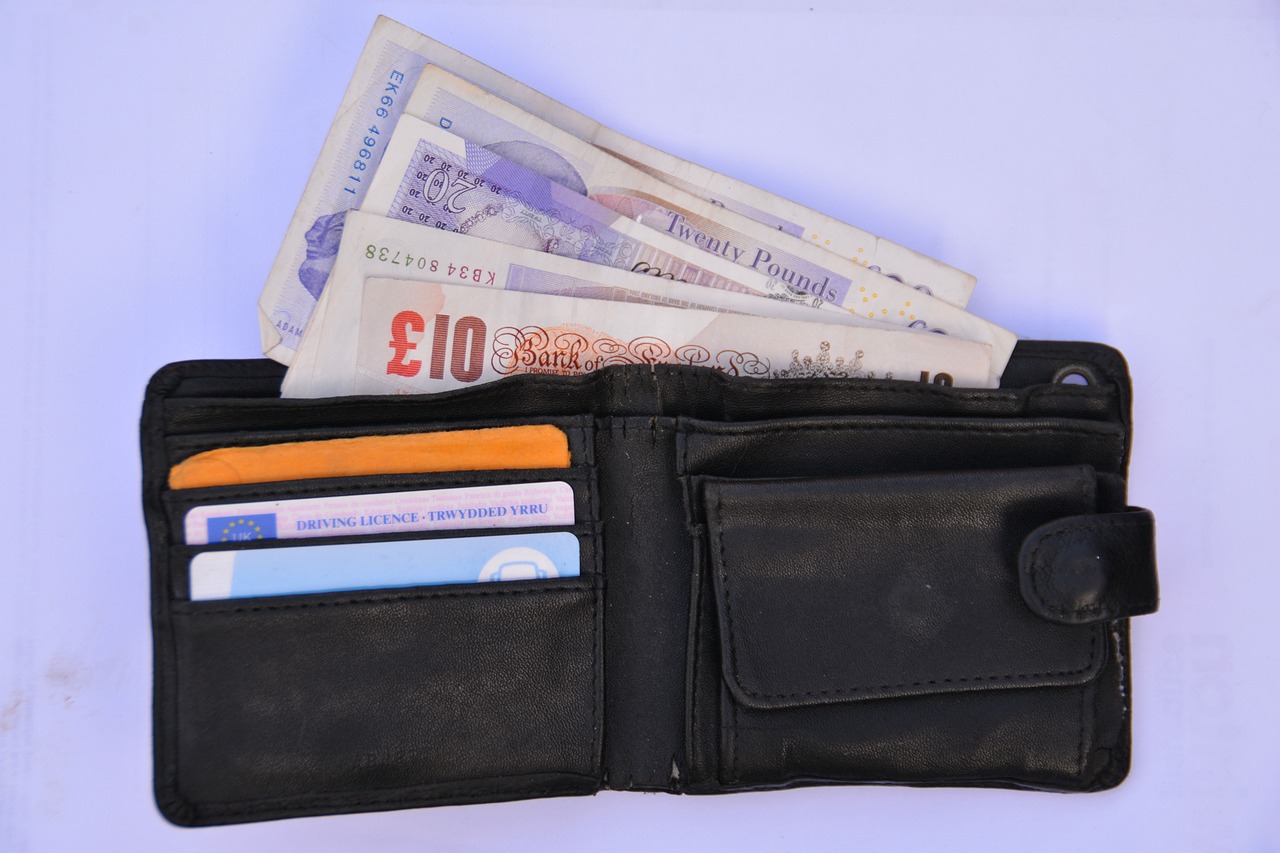For many travellers, it is important to know how much they will be spending on flights, hotels and meals. But what can easily be overlooked are those additional costs that can easily make the total come in much higher. Such costs are unexpected service charges, mandatory local fees, and costs of items as basic as food.
Ignoring these additional costs can result in spending more money than necessary and thus reducing the quality of the experience. This article looks at the expenses that are not commonly considered by travellers in order to help people plan their spending better and thus enjoy their travels more.
Fees that people do not notice in bookings and reservations
Many of the prices that are initially attractive to customers are ultimately increased by charges that appear on the final invoice.
Mandatory tourist taxes that are applicable in every country are generally not included in the accommodation prices but are only charged when the guest arrives. Even cheap inns can come with resort fees that provide services like WiFi, access to the gym, and pool access, regardless of actual usage.
Stiff charges are made by booking websites for credit card use and this charge is higher for foreign money transfers. Such fees are not always evident but are billed across several transactions. This can help save money for the traveler who reviews the contract details before making a reservation.
Hidden Transportation Expenses
Common Costs to Watch Out For:
- Baggage Fees: Low ticket prices from budget airlines come with conditions: extra charges for checked bags and carry-on luggage and sometimes even airport check-in.
- Airport Transfers: Travelers should be prepared for unexpectedly high costs when getting from the airport to city centre, unless they use public transport or pre-book shared transfers.
- Parking and Tolls: Car rental can appear cost-effective, but travellers fail to notice high city centre car parking fees coupled with rapidly accumulating road tolls.
Knowledge of these expenses helps travellers select cheaper transport alternatives like public transport, shared rides or walking where they can.
Connectivity and Communication Fees

This is because many people plan to use their local SIM cards abroad, but they end up being charged thousands of dollars for roaming. It is important to note that mobile carriers charge a lot of money for calls, data, and even reception of a message. Another is buying a local SIM card, the cost is different and depends on where to buy it. SIM cards that are sold at airports and tourist areas are much more expensive than those that are purchased at local stores. Free hotel Wi-Fi may be limited to slow speeds or require a fee to access high-speed Wi-Fi. This helps the traveler not to buy expensive data plans when abroad.
Unforeseen Dining Expenses
Some people set aside money for food, but unexpected service charges, inflated restaurant prices, and the cost of bottled water can be a surprise. Service charges are sometimes included in the final bill in some countries, and other countries expect tips, making meals more expensive than expected. Since tourist areas tend to be more expensive than local restaurants, eating at restaurants can be costly.
Also, where it is not safe to drink water from the tap, buying bottled water can add up a lot of money in a travel bill. To ensure that food expenses are managed wisely, it is advisable for travelers to eat at local markets, try street food, and choose accommodations that have kitchens to allow them to cook some of their meals.
Unexpected Medical and Safety Costs
Overlooked Health-Related Expenses:
- Not understanding insurance policies: People believe that their insurance covers every medical problem, which is not the case since there are pre-existing conditions, adventure sports, or even emergency evacuations that are excluded.
- Expensive Medications: It is surprising to find that such simple medications as painkillers and allergy tablets are cheaper in local pharmacies than in tourist areas.
- Medical Emergencies: A simple hospital visit without the right insurance can become a financial disaster.
Tourist Traps and Overpriced Activities
Prices for attractions and activities in popular tourist destinations are inflated. Travelers pay significantly higher prices for guided tours to explore sites that they could visit independently at lower costs. Some attractions provide “free entry” only to charge mandatory donations and service fees, effectively raising the overall cost. Tourist areas feature currency exchange offices that present unfavorable exchange rates with secret commission charges that lead travelers to lose money. Knowledge of local costs and the avoidance of tourist-related costs provides ways for people to extend their travel budgets.
Extra Shopping and Luggage Fees
Travelers fail to appreciate the cost of last-minute shopping and other expenses that can catch them off guard. The allure of duty-free shopping at airports is real, but travelers should note that some products cost more than what you’d find at local retailers. Then there’s the problem of frequent foreign ATM withdrawals – a expense designers didn’t factor into their travel plans. Shoppers looking for clothes or souvenirs on vacation may discover their shopping bags lead to extra charges when checked into the airline, as they’ve gone over the weight limit. With some forward thinking and an understanding of airline baggage policies, such surprises can be avoided.
Unforeseen travel expenses can slowly erode the money that was initially allocated for the trip. Service fees and medical costs are often unexpected and form a large financial burden travelers incur. Travelers can avoid going over their financial goals by knowing ahead of time what expenses they will face during their trip.
Travelers can enjoy their destinations fully without financial pressure when they invest time in researching costs and planning budgets. Successful budget travel requires more than spending less; it means spending every dollar wisely to create valuable experiences.

